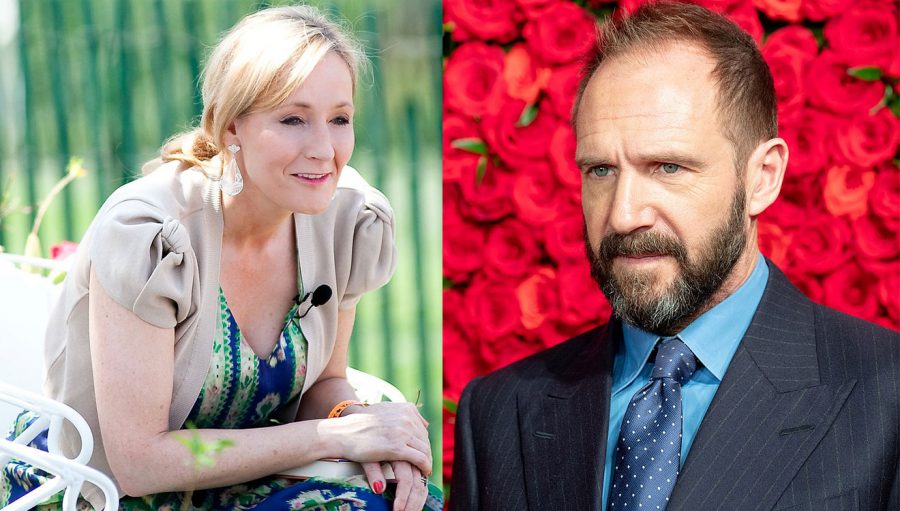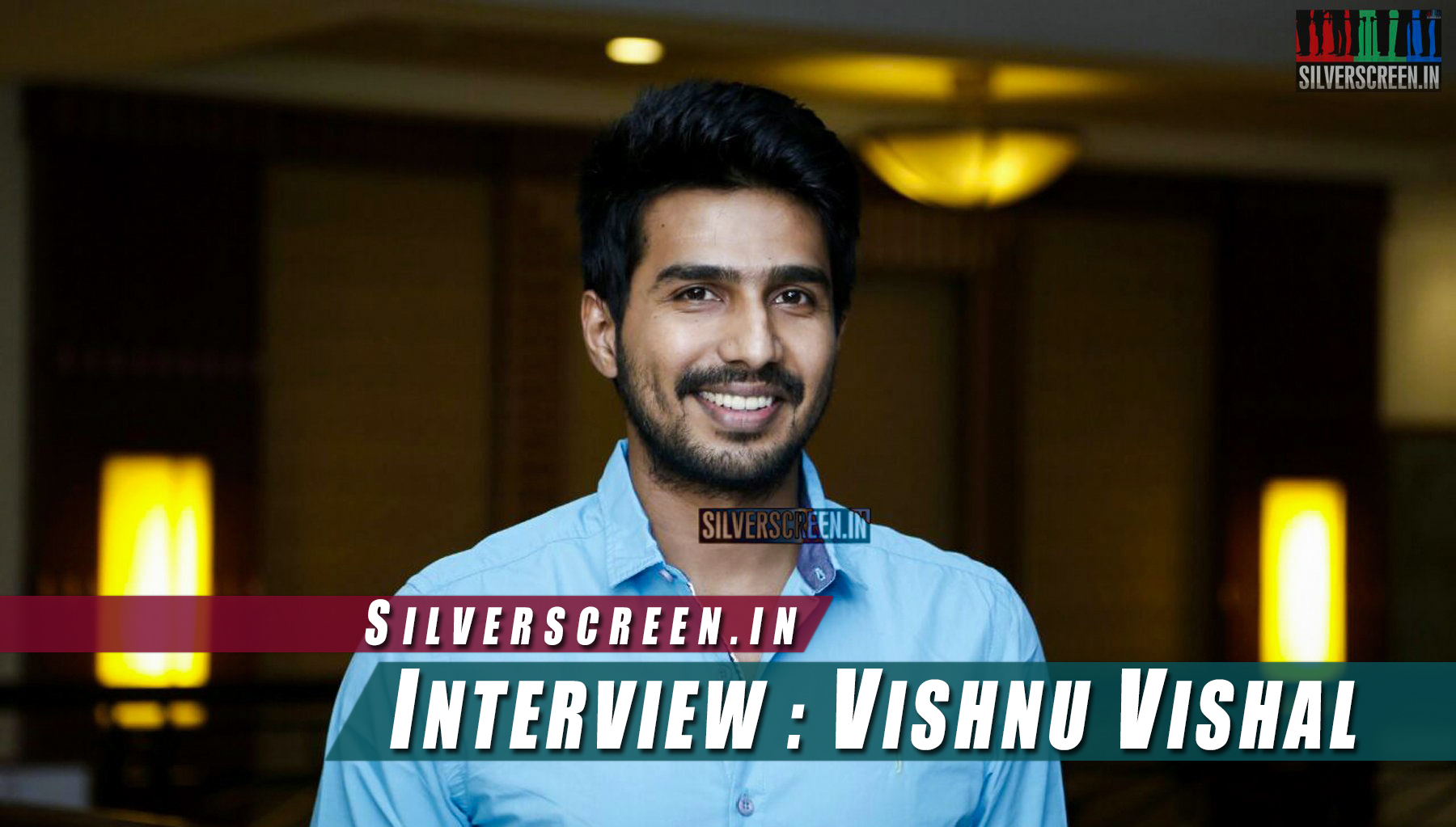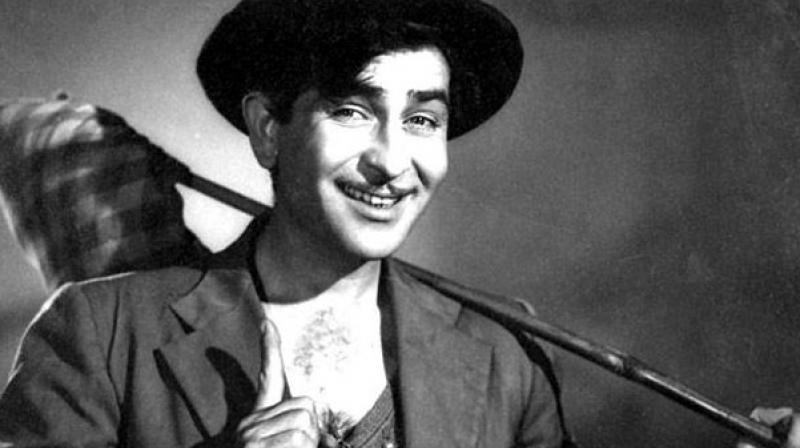Ralph Fiennes, who played Lord Voldemort in the Harry Potter film series, defended the fantasy series’ author JK Rowling for her transphobic stand during an interview with The Telegraph on Wednesday.
He said that he found the language of hate used against majoritarian views “irrational”.
Fiennes, 58, who is oscillating between films and theatre, was asked to comment on Rowling who came under fire for her transphobic stand in 2020, said, “I can’t understand the vitriol directed at her. I can understand the heat of an argument, but I find this age of accusation and the need to condemn irrational. I find the level of hatred that people express about views that differ from theirs, and the violence of language towards others, disturbing.”
Rowling was criticised after she tweeted an opinion piece on “people who menstruate” in June 2020, taking a dig at the theoretical concept of the “bathroom problem” that highlights the absence of toilets for trans-women. The article highlighted the issue of privacy faced by cis women who find trans-women using the same washroom as them, thereby, jeopardising their safety and dignity. Later, she was called out because of her series of associated thread on June 7, 2020.
‘People who menstruate.’ I’m sure there used to be a word for those people. Someone help me out. Wumben? Wimpund? Woomud?
Opinion: Creating a more equal post-COVID-19 world for people who menstruate https://t.co/cVpZxG7gaA
— J.K. Rowling (@jk_rowling) June 6, 2020
To clear her stand, Rowling highlighted on her blog the “issues” with sidelining “women” in order to be able to appease to the “socio-political concept” of transgender.
A self-proclaimed Trans-Exclusionary Radical Feminist (TERF), Rowling said that the cause of the trans community was already surrounded by “toxicity” and that the TERFs were usually intimidated by being calling them out as transphobic.
“I’m concerned about the huge explosion in young women wishing to transition and also about the increasing numbers who seem to be detransitioning (returning to their original sex), because they regret taking steps that have, in some cases, altered their bodies irrevocably, and taken away their fertility,” wrote Rowling, who runs a charity for women and children and was concerned about the “effect the trans rights movement is having on both”.
Soon after Rowling’s tweets, other cast members of Harry Potter had released statements echoing their support for the trans community, while refraining to directly comment on Rowling.
Emma Watson, who played the role of Hermione Granger in the franchise, took to social media to voice her stand. Watson is actively in association with communities that promote inclusion of women and the other genders.
Trans people are who they say they are and deserve to live their lives without being constantly questioned or told they aren’t who they say they are.
— Emma Watson (@EmmaWatson) June 10, 2020
Daniel Radcliffe, who played the titular character in the seven-part film series, wrote, “I realise that certain press outlets will probably want to paint this as in-fighting between JK Rowling and myself, but that is really not what this is about, nor is it what’s important right now… Transgender women are women. Any statement to the contrary erases the identity and dignity of transgender people and goes against all advice given by professional health care associations who have far more expertise on this subject matter than either Jo or I. … To all the people who now feel that their experience of the books has been tarnished or diminished, I am deeply sorry for the pain these comments have caused you. I really hope that you don’t entirely lose what was valuable in these stories to you… And in my opinion, nobody can touch that.”
Showing solidarity with his peers, Rupert Grint, who played Ronald Weasley, said: “I firmly stand with the trans community and echo the sentiments expressed by many of my peers. Trans women are women. Trans men are men.”
Consequently, Warner Bros. that is producing the upcoming Fantastic Beasts film co-written by Rowling, said in a statement to Variety, “Warner Bros.’ position on inclusiveness is well established, and fostering a diverse and inclusive culture has never been more important to our company and to our audiences around the world. We deeply value the work of our storytellers who give so much of themselves in sharing their creations with us all. We recognise our responsibility to foster empathy and advocate understanding of all communities and all people, particularly those we work with and those we reach through our content.”



